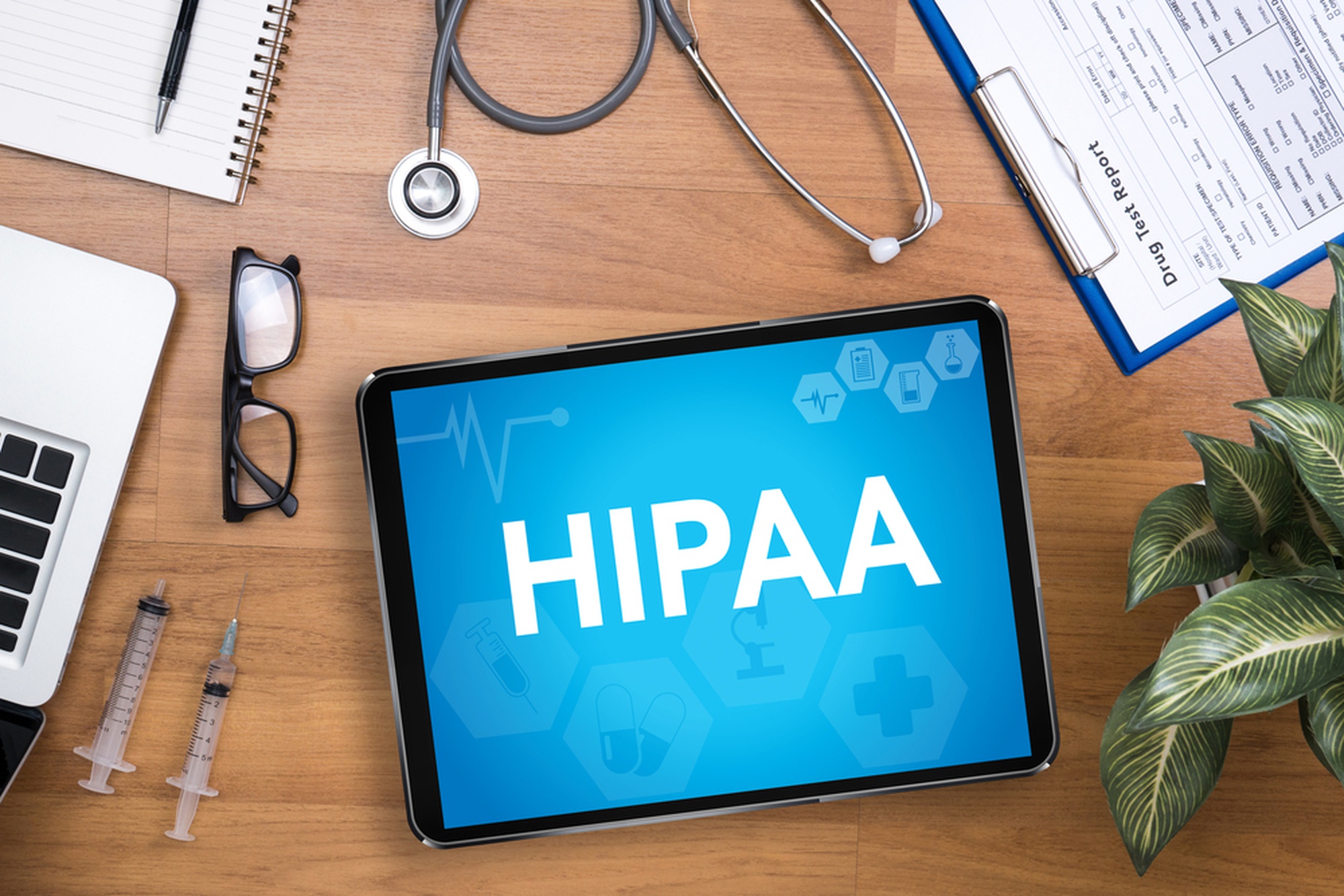HIPAA compliance is an absolute requirement for any healthcare provider. The federal legislation gives patients greater privacy control and helps to keep their data secure. It is essential to make sure any new system you create is in compliance with HIPAA’s regulations. Technology advances at a rapid rate.

HIPAA compliance can be complicated especially for businesses that are trying to grasp the meaning of HIPAA signifies and what it means for their business. HIPAA compliance is required by all health care providers as well as individuals working employed in the insurance business. It’s essential to study the rules thoroughly and ensure all procedures are in place to remain legally compliant. While it can be an overwhelming task, ensuring that you follow the law is vital. Being compliant means better service as well as data security, as well as lesser penalties. Through understanding what HIPAA covers and undertaking the required steps, companies can make sure they are taking all the appropriate measures required by the rules.
HIPAA regulations can be very strict. However, the right security and privacy practices are intended to safeguard the most valuable of all belongings: information. To avoid any inappropriate or unlawful divulging of private patient information and data, more safeguards are needed as the healthcare industry is moving to electronic records like Electronic Medical Records (EMR). While guidelines have been set forth, compliance with these regulations still must be actively observed and enforced to ensure that individuals are protected. HIPAA continues to monitor the situation to ensure people to remain safe and secure.
HIPAA offers a significant safeguard to those working in medical fields as well as the patients whose medical records are kept. It permits covered entities as well as business associates (BAs) the liberty to choose whether or not they want to make use of an addressable execution specifications. The decision may be dependent on a variety of elements, including the risk assessment, mitigation strategy , and security measures. The decision is also dependent on the price of implementation. In making this choice CEs and BAs can consider alternatives that achieve the objective or skip the measure completely if it is justifiable given their circumstances. HIPAA will encourage them to make well-informed decisions on data protection and safeguarding, while establishing an equilibrium between technological measures and user control of sensitive information.
HIPAA compliance is a major benefit to many organizations. Companies can ensure the privacy and security of personal health information of their customers, patients and clients are protected by adhering the rules of the Health Insurance Portability and Accountability Act. Compliance also ensures that individuals use their medical information solely for their own benefit and that of their health care providers. HIPAA compliance gives patients the ability to make informed choices about how their personal health data is used and stored. This ensures that no one else will be able to gain access to or modify the information without their permission. HIPAA compliance lowers the risk to reputation of companies and helps them avoid legal or financial consequences if they mishandle patient data. HIPAA standards help ensure positive patient experiences as well as better protection for the medical records that are confidential.
Here are some things to keep in mind when you think about HIPAA compliance. The best way to ensure your compliance is to have a thorough grasp of the law, and seek out an expert who can help interpret it and establish the proper systems and procedures in place. Achieving full compliance can seem daunting, but it is essential to protecting your patient’s rights as well as ensuring the privacy of their medical records.
For more information, click hipaa requirements include
